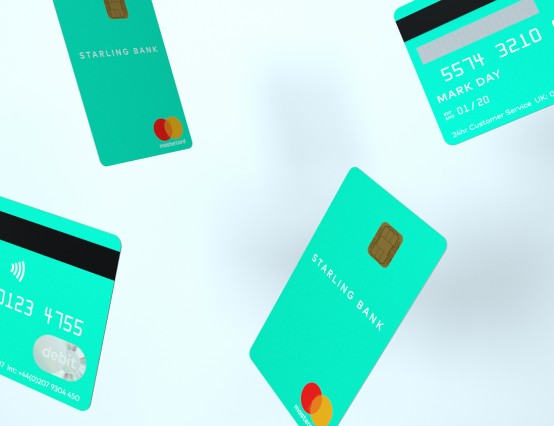‘WANTED: Students. Earn £500 a day. No experience required.’
‘Part-time payments officer required for European expansion of reputable company. Work from home. Earn up to £1000 a week, 1 or 2 hours work.’
You’ve probably seen posts like these online, in magazines, or perhaps on lamp posts around town or campus. While they might sound like a great opportunity, you should stop and ask yourself if it sounds too good to be true?
What is a mule?
If you were to search this question online, you’re likely to find a detailed definition from the fantastic folks over at The Donkey Sanctuary. However, I refer specifically to Money Mules – much less cute than our rescued furry friends.
A Money Mule is someone who willingly withdraws illegitimately obtained money or transfers it between accounts, whilst taking a small percentage for their own fee.
Simply put, Money Mules are participating in money laundering.
There are real consequences for being a Money Mule, including up to 14 years in prison. You could also have your bank account closed, which may lead to problems later on with opening a new bank account, finding employment, or taking out a contract for a mobile phone or house utilities. There will almost certainly be an impact on your credit file as well, which among other things could impact your chances of buying a house in the future.
Muling
Mules are employed by criminals to help move money that’s been illegally acquired through activity such as fraud, account takeovers or drug dealing. This money could then be used to fund further crime, such as human trafficking or even terrorism.
These criminals don’t care about who they choose to become a Mule, but students are often considered vulnerable and are primary targets.
CIFAS, a UK fraud prevention service, published a report in last year which showed a 75% increase in the misuse of bank accounts by 18 to 24 year olds during the first nine months of the year compared to 2016. This means there was a shocking 8,652 reported cases between January and September 2017.
Whether you’re a fresher, returning to University or a recent graduate, it’s always a good idea to know how to avoid becoming an unwitting Money Mule.
Be aware that these fraudsters might make contact through any number of means, from social media, to vague job offers, or even possibly approaching you on the street or at the pub. They might present themselves as a reputable organisation to lull you into a sense of false security, but stay alert - the role they may want you to perform is almost certainly a criminal offence.
In short, if they want you to receive money into your account and then withdraw or transfer some of it to a third party, then you’re a Money Mule.
How can I protect myself?
Research any potential employer
Before accepting any job offer, make sure you do some research into the company. If the offer claims to come from a well-known company, have you received a contract of employment? Does the email come from a company email address, or is it being sent from a generic account from a popular provider like Gmail or Yahoo. If it’s the latter, that should be cause for concern. Likewise, does the email have spelling mistakes, or offer employment from anonymous individuals abroad? Any of those should ring alarm bells.
Again, you shouldn’t ever be expected to receive and move funds through your personal bank account.
Spotting scams
Job offers with large sums of money for minimal input are probably a scam. If someone does contact you directly about a job, make sure you are fully aware about what that job entails.
Don’t give people access to your bank account
There is never a good reason to give someone else access to your bank account. You might find that it is a breach of your banks terms and conditions, which could result in the account being closed down. More importantly though, you should remember that the bank account is in your name, and allowing a third party access to it could land you in serious trouble if it’s used from criminal activity.
Final note from Starling
Everyone should understand just how serious Money Muling is to stop them becoming victims of, or complicit in, criminal activity. Banks have extremely sophisticated monitoring in-place to detect suspect activity – acting as a Money Mule, even if you don’t realise what you’re doing, won’t be accepted as an excuse.
If you’re keen to learn more about Money Mules and protect yourself, or those around you - be sure to check-out the Don’t Be Fooled campaign, launched by CIFAS and Financial Fraud Action UK.
Starling Bank is a UK mobile-only bank, committed to preventing and raising awareness about fraud. To find out more about Starling have a look at our website or read more on our blog, where a version of this post was first published.






0 Comments